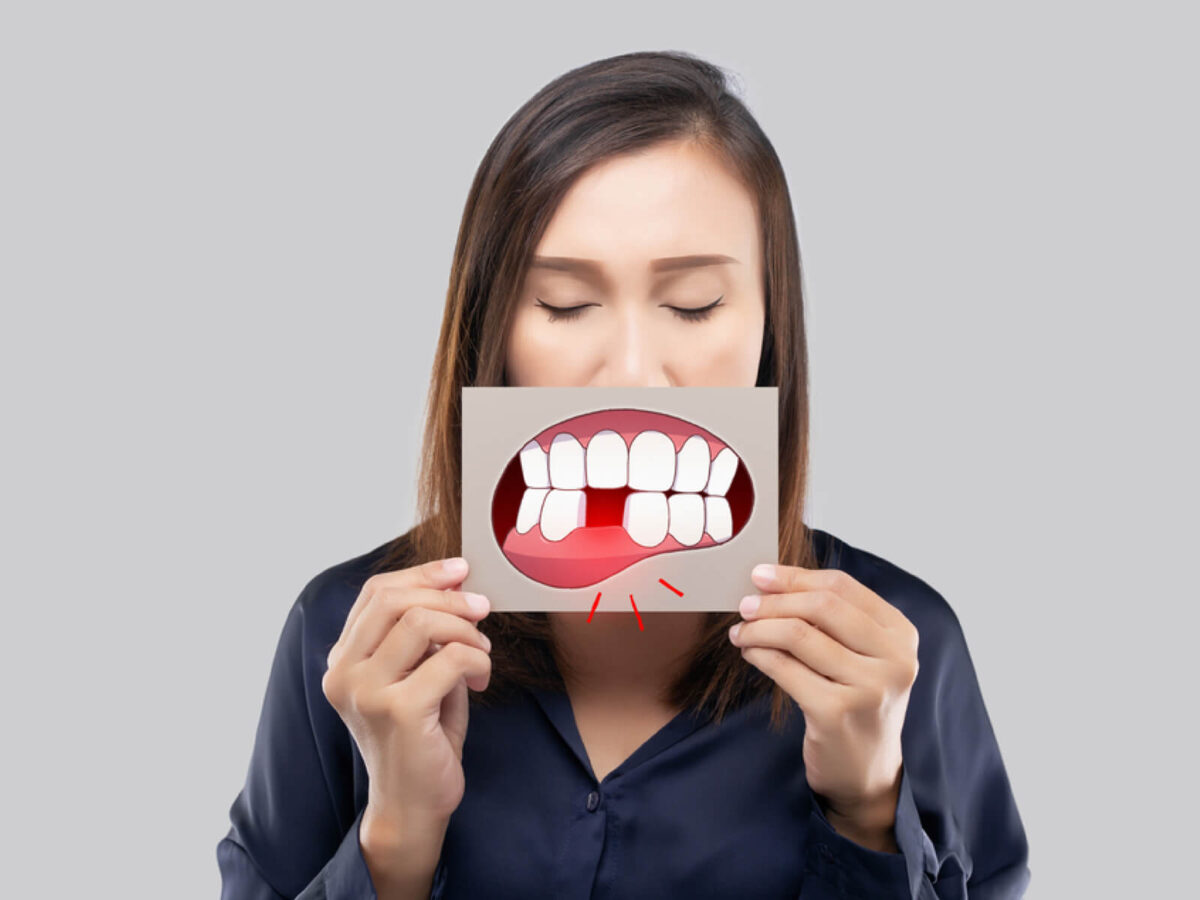Blog
Dental hygiene tips for healthy teeth & gums

Can Broken Teeth Cause Health Problems?
The health of our teeth is crucial to our overall well-being. A broken tooth, whether due to trauma, decay, or other factors, can lead to significant health issues, both orally and generally. In this comprehensive blog, we will explore the potential health risks associated with broken teeth and the importance of seeking prompt dental care.
1. Oral Health Implications:
- Increased Infection Risk: Broken teeth can allow bacteria to enter, heightening the risk of infection. The tooth’s inner pulp, containing nerves and blood vessels, becomes exposed. If bacteria infiltrate the pulp, it can lead to an abscess, causing severe pain and necessitating immediate dental attention.
- Tooth Decay: The exposed edges of a broken tooth are more susceptible to decay. Without the protection of intact enamel, bacteria can erode the tooth structure, leading to cavities. Untreated decay in one tooth can spread to adjacent teeth, compromising overall oral health.
- Gum Disease: Broken teeth can increase the risk of gum disease. When a break exposes tooth roots or damages surrounding gum tissue, it creates an environment conducive to gum disease. Inflammation, bleeding, and tooth loss can occur if underlying issues are not addressed promptly.
2. Functional Difficulties:
- Impaired Chewing Ability: A broken tooth can hinder proper chewing. This may lead to dietary changes, impacting nutrition. Uneven pressure distribution during chewing can also strain the jaw joint, contributing to temporomandibular joint (TMJ) disorders.
- Speech Difficulties: Teeth play a crucial role in speech articulation. A broken tooth, especially a front one, can affect speech clarity. This may lead to difficulty pronouncing certain sounds, impacting communication and potentially leading to self-esteem issues.
3. Discomfort and Pain:
- Sensitivity: A broken tooth is often more sensitive to hot, cold, or sweet stimuli. Exposure of dentin, the layer beneath the enamel, can result in heightened sensitivity, causing discomfort with various foods and drinks.
- Chronic Pain: If a broken tooth remains untreated, it can lead to ongoing pain. This discomfort can extend to adjacent teeth, the jaw, head, and neck. Persistent pain can significantly affect a person’s quality of life, disrupting sleep, daily activities, and overall well-being.
4. Psychological and Aesthetic Implications:
- Self-Esteem Issues: The cosmetic impact of broken teeth can lead to self-esteem concerns. Individuals might feel self-conscious about their smile, leading to social withdrawal and reluctance to participate in activities.
- Psychological Stress: Chronic pain, altered appearance, and anxiety about potential health consequences can contribute to psychological stress. The impact of dental issues on mental health is increasingly recognized, highlighting the interconnection between oral and psychological well-being.
5. Broader Health Implications:
- Cardiovascular Health: Emerging research suggests a potential link between oral health, particularly dental infections, and cardiovascular diseases. While the direct connection is complex, untreated dental issues, like those from broken teeth, may lead to systemic inflammation, adversely affecting heart health.
- Diabetes Management: Optimal oral health is essential for individuals with diabetes. Dental infections stemming from broken teeth can complicate diabetes management, potentially leading to higher blood sugar levels and weakened immune responses.
- Respiratory Health: Untreated oral infections can impact respiratory health. The aspiration of bacteria into the respiratory system can contribute to respiratory infections, especially in individuals with compromised immune systems.
Conclusion:
Broken teeth can lead to a range of health issues, extending beyond oral health to affect overall well-being. The interconnectedness of oral and systemic health underscores the importance of addressing dental issues promptly. Timely dental intervention, maintaining good oral hygiene, and regular dental check-ups are vital for both oral and overall health.
Individuals with broken teeth should be aware of the potential health implications and seek dental care without delay. Integrating oral health into the broader context of healthcare is crucial for a holistic approach to well-being, recognizing the mouth’s health as integral to the body’s health.


